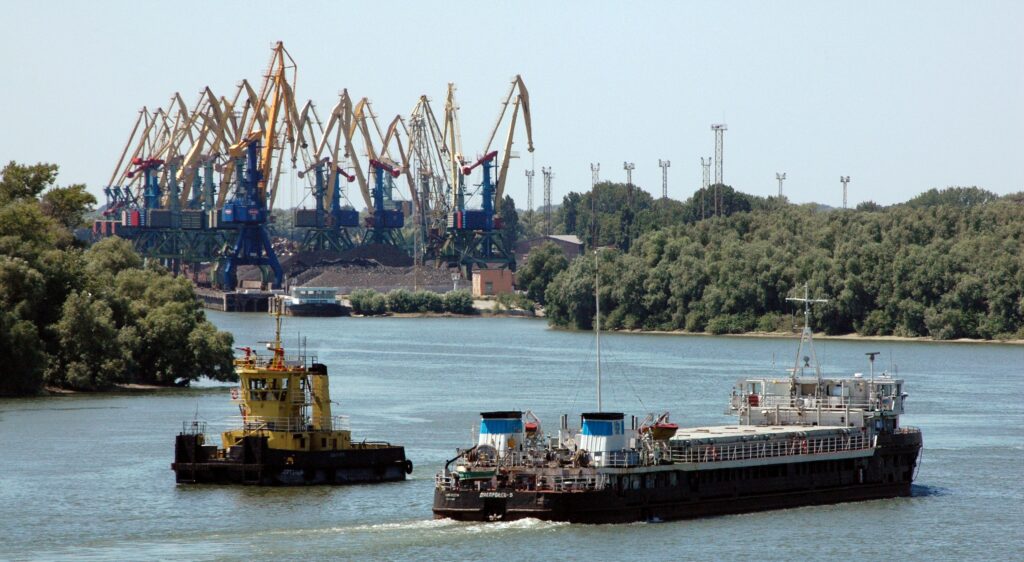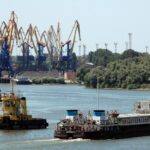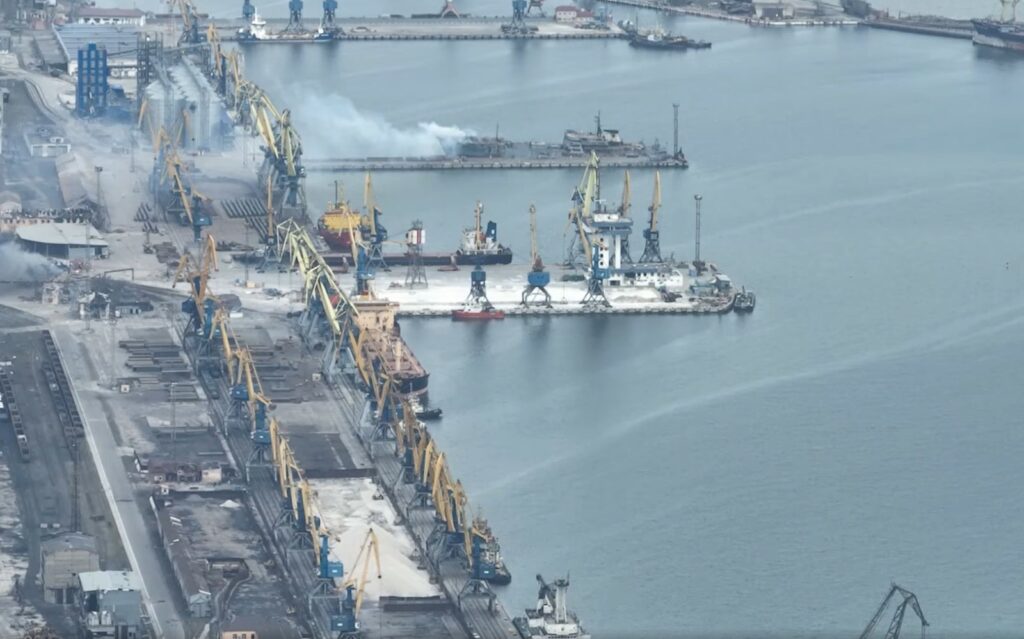New concession projects are being prepared in Odesa and Izmail ports

Despite the war, the public-private partnership in ports has not been put on hold — work continues on the preparation of concession projects in Odesa and Izmail ports.
This opinion was shared by the director of the Reform Support Team (RST) of the Ministry of Communities, Territories and Infrastructure Development, Iryna Koshel-Repnevska.
“The only question is the investors and their interest in the implementation of these projects. These are projects of private initiative that were started before the war, and private initiators are interested in continuing the preparations even now. I can announce, since it was in the public sphere, one of the projects is in Odesa port, the other is in Izmailsk,” she said in an interview with Interfax-Ukraine.
Koshel-Repnevska reminded that the concession is always accompanied by a competition. She also specified that within the framework of the requirements of the legislation, RST supports the entire process of preparing a project proposal.
The director of RTS also considers the decision to privatize the Bilhorod-Dnistrovsky port to be justified.
“According to its results, the experts came to the conclusion that it is impractical and unattractive for investment. Actually, at that time, the conclusions indicated that one of the possible options could be privatization,” Koshel-Repnevska said.
In her opinion, the further development of Ukrainian ports will depend on the situation surrounding the grain agreement and the possibility of expanding it by including not only agricultural cargo in exports, but also, in particular, metallurgical cargo.
Since the beginning of the war, most of such cargoes have been redirected to land transport, but the western border and road crossing points cannot always withstand the load, which leads to the delay of cargoes. In this situation, the load on the ports of the Danube region also increased, but they, unlike the ports of Great Odesa, are not deep-water and cannot fully meet the needs of cargo transportation.





